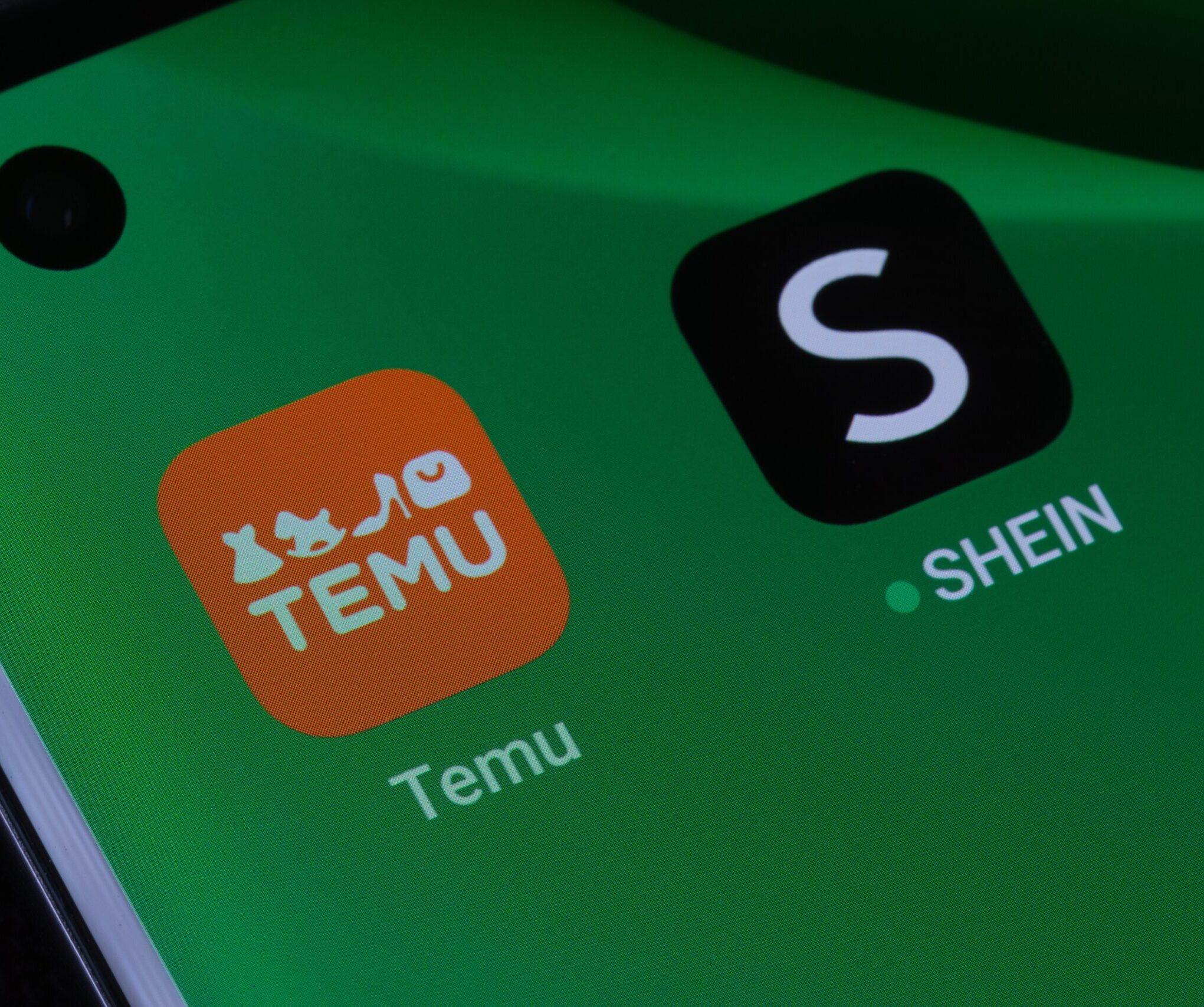In the ever-evolving world of giants in e-commerce, two names have been spotted as potential contenders to the top spot in terms of affordability and popularity: Temu and Shein. They have both garnered attention due to their rapid growth in the market as well as their reputation for delivering low-cost products. But, like any comparison, it’s important to delve deeper into the intricacies of their business models to fully understand if Temu is like Shein or if they’re different competitors in the world of e-commerce. For more information, click is Temu like Shein

The rise of temu, and shein
The meteoric rise of Temu has certainly drawn parallels with Shein’s success story. Both businesses are experiencing rapid expansion and have gained the attention of budget-conscious buyers. Their attraction lies in the low-cost of their products, allowing shoppers to remain fashionable without breaking the budget. This has caused many to wonder what is the difference between Temu & Shein made from the same material?
Similarities and differences
Temu is a similar company as Shein when it comes to offering items that are budget-friendly however they’re not mirror images. Temu stands out with its innovative Next Gen Manufacturing model that delivers significant cost savings in different product categories. The model is based on modern manufacturing methods that simplify production, while reducing costs and passing the benefits on to the customer.
Shein On contrary, has earned an established reputation as a fashion-forward brand that focuses on clothes and accessories. Its appeal lies at the forefront of latest fashion trends and offering many options to satisfy different tastes in fashion. Shein’s emphasis on fashion as and other related verticals, like beauty and accessories, has made it possible to create an industry niche.
Models of business under the microscope
Temu’s Next-Gen Manufacturing model deserves a closer look. By using advanced technology such as automation, data analytics and AI-driven insights, Temu optimizes its manufacturing and supply chain processes. This enables them to keep quality while significantly reducing production costs. As a result, Temu has a wide range of items at affordable prices across a variety of categories, ranging from electronics to household goods. They’re also different from Shein who is focused on fashion and its counterparts.
Shein has a wide selection of fashion styles, but its business model is built on the constant changing its inventory to adapt to the ever-changing fashion trends. This means that the production, design, as well as distribution cycles, have to be swift. This has led to its popularity, particularly with younger crowds looking for cheap pieces in trendy styles.
Ownership is crucial
One question that has been asked is whether Shein is the proprietor of Temu. However, this isn’t the case. Temu and Shein even though they have superficial similarities or differences they are distinct entities. They also have different ownership structures. Temu has its own e-commerce platform and focuses on its manufacturing processes. Shein is a separate brand with an innovative and fashionable offering.
The Takeaway
In the turbulent ocean of e-commerce, it’s easy to find parallels between businesses which have similar growth trajectory. The tale of Temu & Shein is a reminder that, despite their similarities there are a lot of distinctions. The different ways they approach manufacturing, business and marketing emphasize their distinctness.
Temu’s Next Generation Manufacturing model is an example of innovation in the online retail sector. Utilizing technology to improve processes, Temu not only reduces costs, but also raises its bar for affordability across a wide range of categories. Shein however, on contrary, is renowned for its devotion to the latest fashions. The speed of its turnover of products also cements its position as a leader in the world of fashion e-commerce.
Temu and Shein are two companies catering to buyers who are budget-conscious. However, the terrain of e-commerce is quite different. Both cater to customers who are budget conscious However, their business models, strategies and specializations differ in significant ways. Temu’s expertise in manufacturing and Shein quick-fashion style show the diversity within the ecommerce ecosystem. As consumers and online buyers allow us to appreciate the uniqueness of each platform and explore the ever-expanding realm of online shopping.